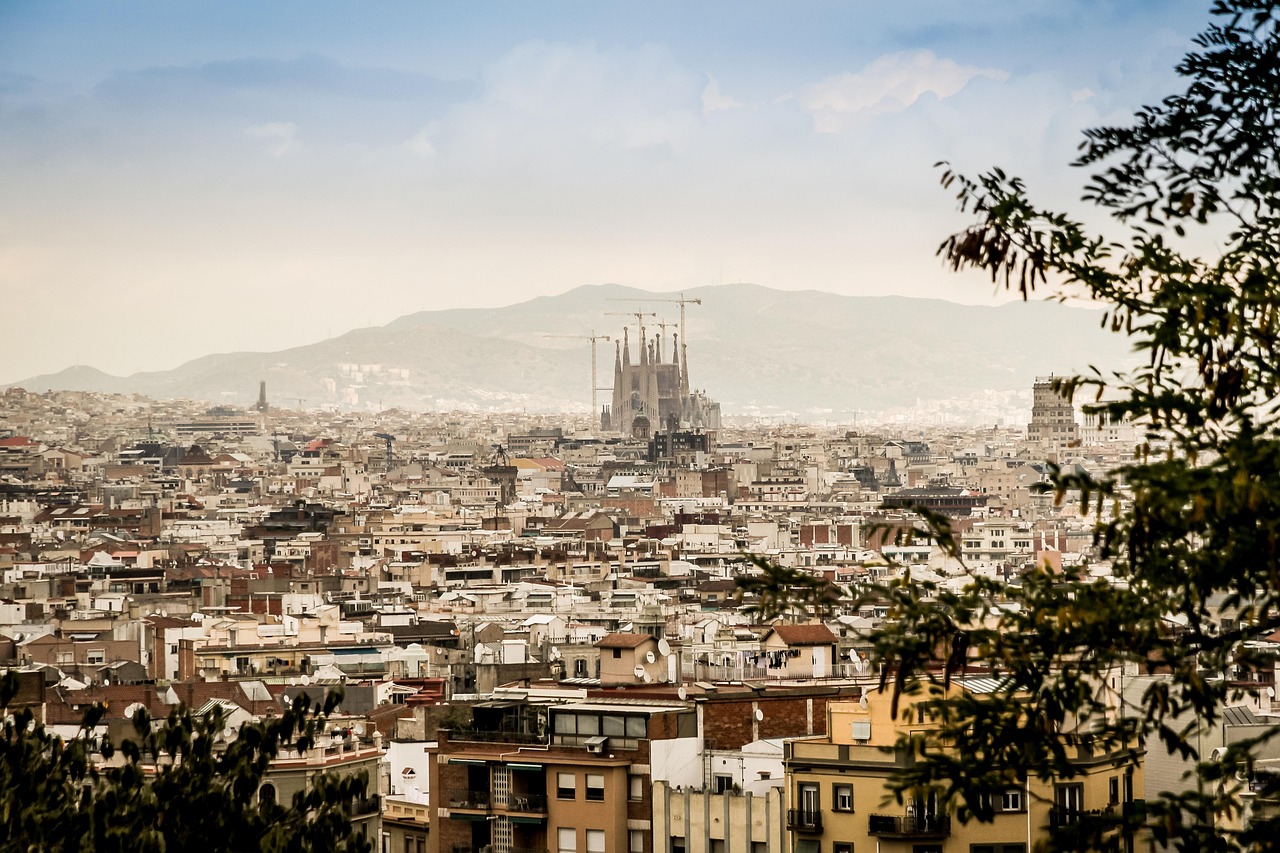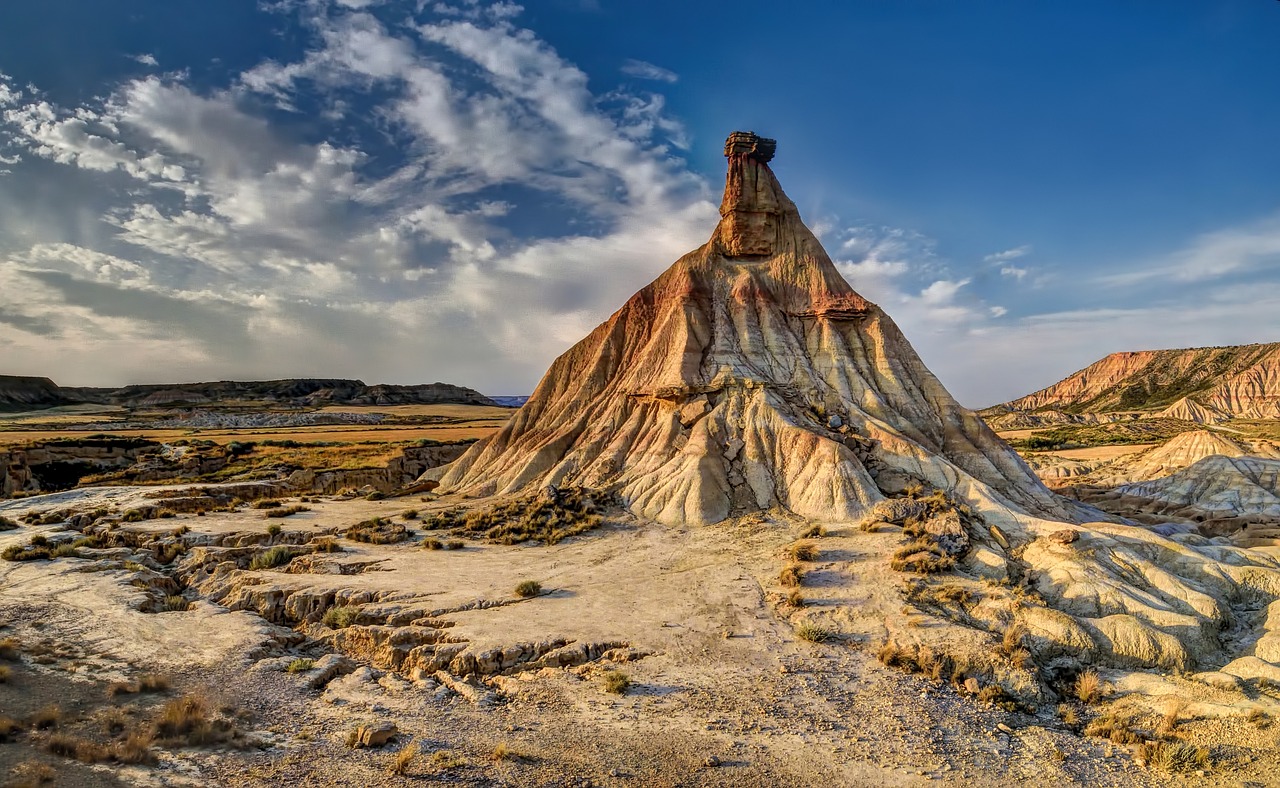Spain Video
Emergency Services: What to Know While in Spain
Spain is a beautiful country known for its rich history, vibrant culture, and stunning landscapes. However, unexpected emergencies can happen anywhere, and it’s crucial to be aware of the emergency services available in Spain. Whether you are a resident or a tourist visiting the country, understanding how to access emergency services can make a significant difference in critical situations. This article will provide you with detailed information about emergency services in Spain, ensuring that you are prepared and well-informed.
Section 1: Emergency Numbers
When faced with an emergency in Spain, it is essential to know the appropriate emergency numbers to contact for assistance. The following are the primary emergency numbers in Spain:
- 112: The general emergency number in Spain that can be dialed from any landline or mobile phone. It connects you to the appropriate emergency service based on your location and the nature of the emergency.
- 061: The emergency medical service number in Spain. It should be dialed for medical emergencies that require immediate attention.
- 062: The number to contact the Civil Guard in case of non-emergency situations, such as reporting a crime or seeking general assistance.
- 091: The national police emergency number. It should be dialed when you require immediate assistance from the police.
- 080: The emergency number for the local police in some municipalities. It is always advisable to check the specific emergency numbers for the area you are in.
Knowing these emergency numbers and having them readily available can help you quickly contact the appropriate authorities during an emergency.
Section 2: Medical Emergencies
In the event of a medical emergency in Spain, it is crucial to seek immediate medical attention. The Spanish healthcare system is renowned for its quality and accessibility. Here are some essential points to remember:
- Ambulance Services: If you require an ambulance, dial 061. The operators will assess your situation and dispatch an ambulance if necessary. The ambulance service in Spain is efficient and well-equipped to handle medical emergencies.
- Hospitals and Healthcare Centers: Spain has a network of public and private hospitals and healthcare centers. In case of a non-life-threatening medical situation, you can visit a healthcare center or make an appointment with a doctor. For more serious emergencies, it is advisable to go directly to the emergency department of a hospital.
- Health Insurance: If you are a tourist visiting Spain, it is recommended to have travel health insurance that covers medical emergencies. This will ensure that you receive the necessary medical care without any financial burden.
- Pharmacies: Pharmacies in Spain are easily accessible and can provide over-the-counter medications for minor ailments. They can also offer advice on common health issues. Look for the green cross symbol to locate a pharmacy.
Spain Image 1:

Section 3: Fire and Rescue Services
In the event of a fire or any other rescue situation, Spain has well-equipped fire and rescue services that are prepared to handle emergencies. Here are some important points to consider:
- Fire Emergency: If you encounter a fire, dial 112 immediately. The operators will connect you to the fire and rescue services in your area.
- Fire Safety Precautions: It is always important to follow fire safety precautions, such as knowing the location of fire extinguishers and emergency exits in your accommodation. Familiarize yourself with evacuation procedures and listen to instructions from authorities in case of fire emergencies.
- Rescue Services: The fire and rescue services in Spain are also responsible for handling other rescue situations, such as water rescues and trapped individuals. Dial 112 to report any such emergencies.
Section 4: Police Services
The police play a crucial role in maintaining law and order in Spain. Here’s what you need to know about the police services in the country:
- National Police: The national police force in Spain is responsible for maintaining public order, preventing and investigating crimes, and providing general assistance to the public. Dial 091 to reach the national police in case of emergencies.
- Civil Guard: The Civil Guard is a military force with both civilian and military responsibilities. They handle a wide range of issues, including traffic control, rural policing, and border security. Dial 062 to contact the Civil Guard for non-emergency situations.
- Local Police: Many municipalities in Spain have their own local police forces. These police officers primarily focus on maintaining order and safety within their respective areas. It is advisable to know the local emergency number for the police in the area you are in.
Spain Image 2:

Section 5: Coast Guard and Maritime Emergencies
Spain’s extensive coastline and numerous waterways make it important to be aware of the coast guard and maritime emergency services:
- Coast Guard: The Spanish Coast Guard is responsible for maritime safety, search and rescue operations, and environmental protection along the coast. In case of maritime emergencies, dial 112.
- Maritime Emergencies: If you encounter any maritime emergencies, such as boat accidents or people in distress at sea, immediately contact the coast guard through the emergency number 112.
- Water Safety: When engaging in water activities, it is crucial to follow safety guidelines, wear appropriate safety gear, and be aware of local regulations. Pay attention to weather conditions and heed any warnings or advisories.
Section 6: Mountain Rescue
Spain is home to beautiful mountain ranges, attracting outdoor enthusiasts and adventurers. However, accidents can happen, and it’s important to be prepared:
- Mountain Rescue Services: If you find yourself in a mountain emergency, such as getting lost or injured, dial 112 to contact the mountain rescue services. They are specially trained to handle mountain-related emergencies.
- Preparation: Before embarking on any mountain activities, ensure you are well-prepared. Familiarize yourself with the route, carry appropriate gear, and inform someone about your plans. Check weather conditions and be aware of the level of difficulty of the chosen route.
- Mountain Safety: It is important to prioritize safety while in the mountains. Follow safety guidelines, stay on marked trails, and be cautious of changing weather conditions. In case of an emergency, remain calm and wait for assistance.
Spain Image 3:

Section 7: Roadside Assistance
If you encounter any issues while driving in Spain, there are services available to provide roadside assistance:
- Breakdown Assistance: If your vehicle breaks down or you need assistance while on the road, contact the appropriate roadside assistance service provided by your insurance company or rental car agency.
- Towing Services: In case your vehicle needs to be towed, contact the roadside assistance service or the local police for guidance.
- Emergency Phones: Spain has emergency phones along highways and major roads, marked with orange SOS signs. These phones connect you directly to emergency services, including roadside assistance.
Section 8: Natural Disasters
While rare, natural disasters can occur in Spain. It is important to be informed and prepared:
- Weather Warnings: Pay attention to weather forecasts and any warnings issued by the authorities. Familiarize yourself with the local evacuation procedures in case of severe weather conditions.
- Earthquakes: Spain is located in a seismically active region. If you experience an earthquake, remember to “Drop, Cover, and Hold On.” Stay away from windows and seek shelter under a sturdy piece of furniture.
- Flooding: Some regions in Spain are prone to flooding, especially during heavy rainfall. If you are in a flood-prone area, be prepared to evacuate if necessary and avoid driving through flooded roads.
Section 9: Emergency Preparedness
Being prepared for emergencies is essential no matter where you are. Here are some general emergency preparedness tips for your time in Spain:
- Travel Insurance: Consider obtaining comprehensive travel insurance that covers medical emergencies, trip cancellations, and other unforeseen circumstances.
- Document Safety: Keep important documents like your passport, identification, and travel insurance details in a safe place. Consider making copies and storing them separately.
- Local Safety Information: Familiarize yourself with the local safety information provided by your accommodation or tourist information centers. They can provide valuable insights into specific safety concerns in the area you are visiting.
- Communication: Ensure you have a charged mobile phone with a local SIM card or an international roaming plan to contact emergency services if needed.
Section 10: Language Considerations
While Spain is a popular tourist destination, it is helpful to be aware of potential language barriers in emergency situations. Consider the following:
- Language Skills: If you do not speak Spanish, it is advisable to learn some basic phrases and emergency vocabulary to communicate your situation effectively.
- Translation Services: There are translation apps and services available that can assist in translating languages in real-time. Familiarize yourself with these options before your trip.
- Tourist Assistance: Many popular tourist areas have multilingual tourist assistance services that can help in emergency situations. Look for tourist information centers or contact your accommodation for guidance.
Section 11: Reporting Emergencies
In case of an emergency in Spain, it is crucial to report the incident promptly and provide accurate information. Here’s what you need to know:
- Stay Calm: In any emergency situation, try to remain calm and provide clear information to the emergency operator or authorities.
- Location Details: Provide the exact location of the emergency, including street names, landmarks, or GPS coordinates if available.
- Follow Instructions: Listen carefully to the instructions provided by the emergency operator or authorities and follow them accordingly.
- Stay on the Line: Do not hang up until instructed to do so by the operator. They may need additional information or provide further guidance.
Section 12: Conclusion
Knowing how to access emergency services in Spain is crucial for your safety and well-being. Remember the emergency numbers, be aware of the available services, and stay informed about potential risks in the area you are visiting. By being prepared and informed, you can ensure a safer and more enjoyable experience during your time in Spain.
References
– Spain Travel Health: https://www.spain.info/en/discover-spain/practical-information/health-travel-tips/
– National Police (Spain): https://www.policia.es/
– Spanish Coast Guard: https://www.salvamentomaritimo.es/
– Spanish Red Cross: https://www.cruzroja.es/
– Spanish Firefighters Association: https://www.bomberosdeespana.org/


